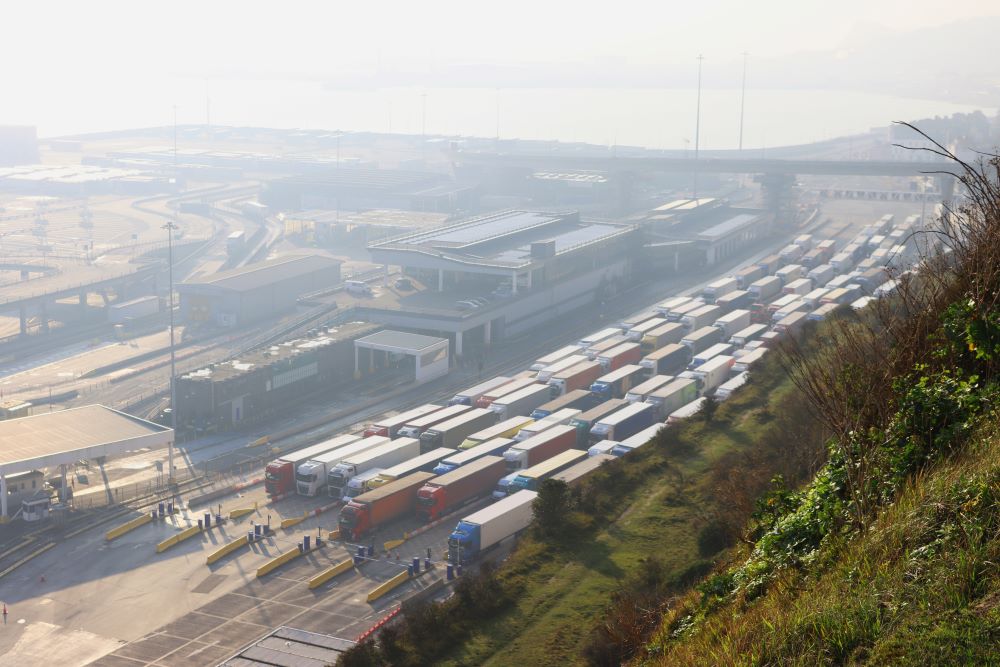
The first days following the end of the transition period have passed smoothly for the UK and EU, with lower levels of traffic giving border operators breathing space to introduce new systems and checks.
The UK left the EU’s single market and customs union at 11pm on 31 December 2020, marking the beginning of a new era in UK-EU trade.
Associated Press reported only a steady trickle of trucks leaving ferries and trains on both sides of the English Channel on New Year’s Day (Friday).
Bank holiday lull
Introducing the new regime overnight on a bank holiday and over a long weekend helped minimise problems, said John Keefe a spokesman for Eurotunnel.
“For the majority of trucks, they won’t even notice the difference,” he claimed.
With many companies stockpiling ahead of Christmas and the end of the transition period, normal freight levels may not resume for several weeks.
Turned back
The FT reported that some drivers were sent away from Dover on Friday, but that this was due to a failure to comply with pre-existing requirements to provide a negative Covid-19 test.
Under the terms for future trade negotiated by Prime Minister Boris Johnson, businesses trading with the EU have avoided the need to pay tariffs but will still need to complete customs declarations for the first time in decades.
‘Smart borders’
Jean-Michel Thillier, a customs official in the Hauts-de-France region, said ‘smart border technology’ is allowing companies to complete customs declarations ahead of time was working.
Port officials at the main transport hubs said that the new processes and systems would be more rigorously tested in the coming weeks as the cross-Channel flow of goods builds up.
NI Protocol
In Northern Ireland, the first dozen lorries moving goods under the terms of the Northern Ireland Protocol arrived in Belfast by ferry from Cairnryan in Scotland at 14:00 GMT, the BBC reports.
Most commercial goods entering Northern Ireland from Great Britain now require a customs declaration to be completed.
Many food products from Britain also now need to pass through border posts where they can be inspected by the Department of Agriculture. These products also require accompanying health certificates, though some of these changes will be phased in over the next three months.
A three-month ‘grace period’ has also been granted for parcels moving from Great Britain to Northern Ireland, meaning online retailers will be exempt from customs declarations until at least April.


